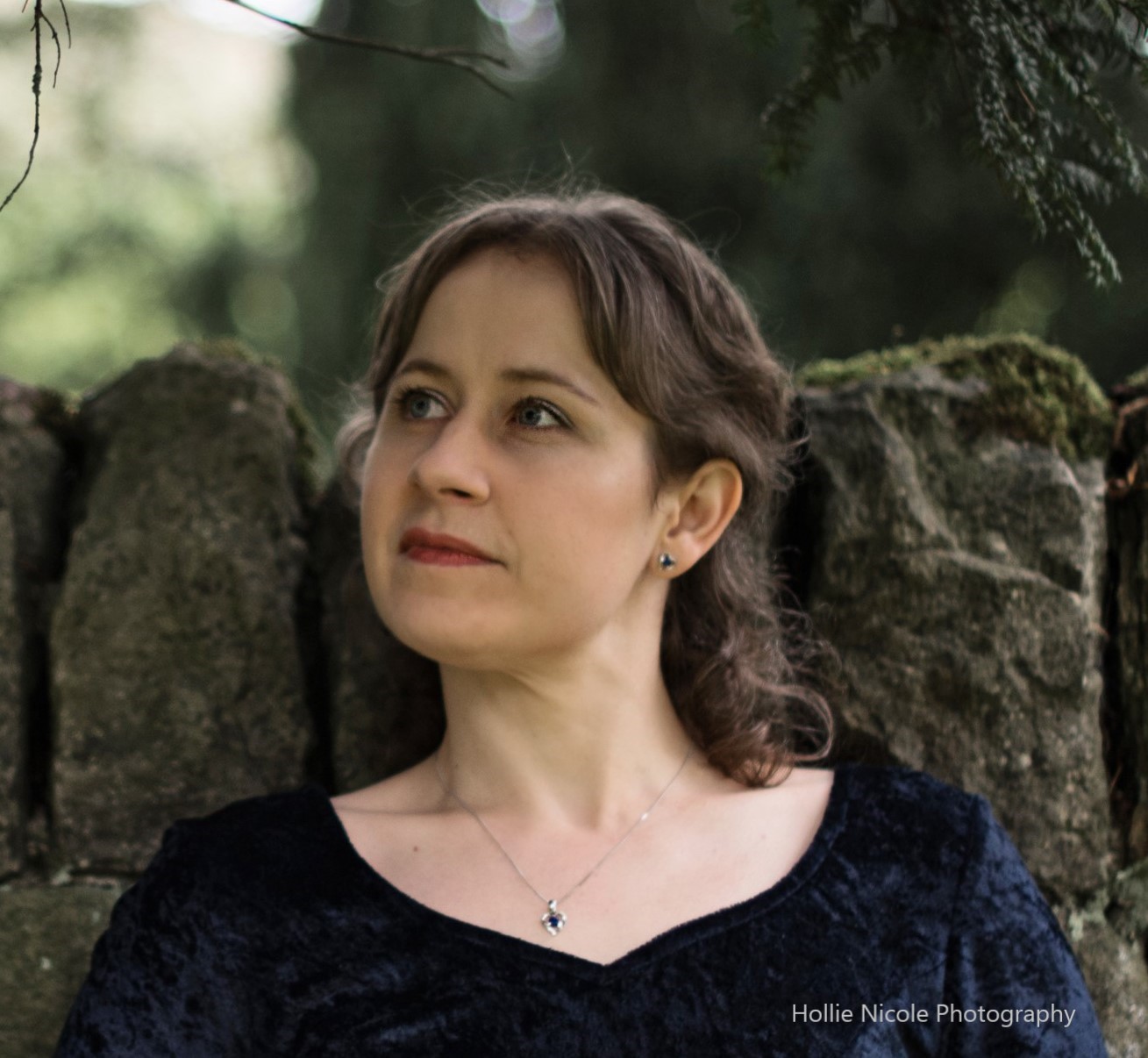Normally I’m not too insistent about telling people they must read my stuff. I mention it, of course, and if I think an individual will particularly enjoy something I’ll direct them towards it, but I don’t like to be pushy. (I still expect my mum to read every word of mine that’s ever published, but that’s her job.)
With my latest article for Premier Christianity magazine, it’s different. This time, I’m telling all and sundry that they should read it – including you. It’s not because I think it’s an earth-shattering piece of literature; it’s because the subject of it is so shamefully forgotten. The article is on the Women of the Reformation.
This Hallowe’en marks the 500th anniversary of Martin Luther posting his 95 theses, which catalysed the Protestant Reformation, and naturally Christianity magazine is focussing on that. As part of that they asked me to write an article either on Reformers you’ve never heard of, or women of the Reformation. I thought the former would be easier – after all, there weren’t any women involved in the Reformation, were there, apart from Martin Luther’s wife? But I did a little research and was stunned to learn that there were loads – writers and theologians, patrons and publishers, incredible women whom I had never heard of.
The one who really blew me away was Olympia Fulvia Morata. She was a child prodigy from Ferrara in Italy. By the age of twelve she was fluent in Greek and Latin. She composed treatises on Homer, lectured on Cicero, wrote poetry in Latin and Greek, all while still in her teens. Here’s one of her early poems, about her love of learning:
I, a woman, have dropped the symbols of my sex,
Yarn, shuttle, basket, thread.
I love but the flowered Parnassus with the choirs of joy.
Other women seek after what they choose.
These only are my pride and delight.
When she grew up, Olympia (or Olimpia, if you prefer – it doesn’t really matter) organised the translation of major Protestant works into Italian; corresponded with major reformers such as Calvin and Luther, and even with royalty; taught Classics; and in her spare time translated the Psalms into Greek hexameters. And she died at 29. Feeling inadequate yet?
Naturally I would warm to Olympia, with my own background in Classics, but why haven’t I heard of her until now? Why has no one else heard of her? And it’s not just Olympia, there were other influential women that I should have heard of too, but hadn’t. My article covers Olympia Fulvia Morata, Katharina von Bora (Luther’s wife) and Katharina Schutz Zell, because I was limited to three, but there are others too. Leaving out Argula von Grumbach, for example, was a difficult decision.
These women weren’t ignored in their day; they were mentioned in Luther’s writings, sometimes in glowing terms, and they were an integral part of Reformation culture in Europe. Olympia’s works were in print throughout the sixteenth century. But at some point they were quietly forgotten. Now you don’t even find these women in the index of most books on the Reformation; they don’t even make it into the footnotes!
I consider myself a feminist, a word that I feel I should quickly qualify since it means vastly different things to different people. Some readers are probably now picturing me as a man-hating SJW waving a placard about abortion rights, but my understanding of feminism is simply that women are people too; being a woman is not a failure to be a man. This is a fairly uncontroversial claim (and one that’s eminently compatible with Christian faith) although sadly it’s still not universal. (I’m not going to mention any major figures in public life, but you probably don’t have to think too hard.) And it’s this belief that left me so scandalised about the forgotten women of the Reformation, and so uncharacteristically forthright about telling people to read my latest article.
Everyone has heard of Erasmus (or at least the Erasmus student exchange programme, named after him), an intellectual who fruitfully combined classical scholarship with theology. I think everyone should have heard of Olympia Fulvia Morata too, who did the same thing, only younger. She has entered the small pantheon of my personal heroes, and I hope she finds a soft spot in the hearts of some of my readers, too.
My article, ‘Unsung Heroes‘, is behind a paywall online, but if you’re not a subscriber you can order a free trial copy of the magazine, or get it in Christian bookshops.

Olympia Fulvia Morata, my new hero.
